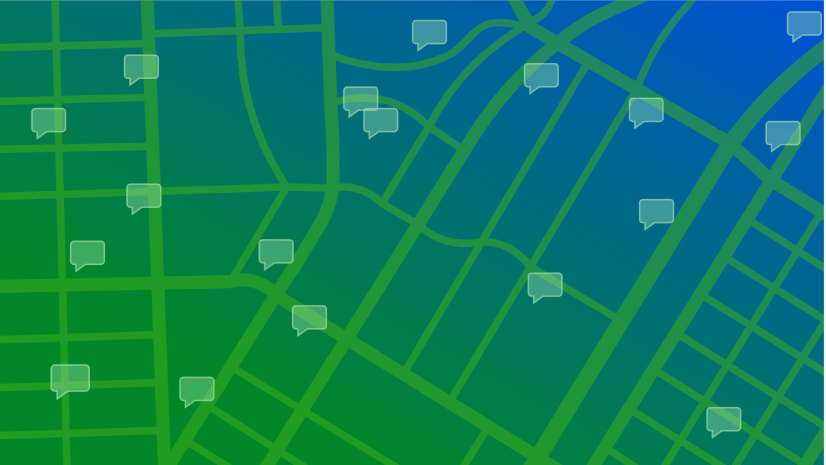The App Challenge
Esri recently wrapped up the The Esri Human Health and Climate Change App Challenge. This was an awesome opportunity for geo developers everywhere to come up with solutions that utilize Esri technology to help health and human services professionals understand the impacts of climate change on human health, as well as to propose spatial solutions to help deal with these problems.
The development team for ArcGIS Runtime SDK for Qt decided to get involved in this app challenge with an exhibition entry, as we think these app challenges are a great opportunity to get creative and come up with new ideas and solutions for the challenges we face. We also want to share how Qt and ArcGIS Runtime SDK make it possible to write simple apps that make a difference in the lives of people. Hopefully our submission will inspire others to use their creativity to build their apps atop our SDK in future app challenges.
Our App Submission: RescueMe

Several government websites including the U.S. EPA and the U.S. CDC indicate that one of the greatest threats to public health relating to climate change is the increase in extreme weather events. These events may be hurricanes, floods, fires, or heatwaves. Each of these extreme weather events poses health and human service-related problems such as injury, disease, and insufficient clean water or food, among other things.
A big issue in emergency management today happens when a call is placed to 911 through a mobile phone. It can be very difficult to locate precisely where the person is calling from. This story is highlighted in this USA Today article. Our entry into the App Challenge provides a solution for these problems: two apps that work together to help citizens in times of need. We call the solution “RescueMe”.
“RescueMe” is a pair of native apps created by the team that develops the ArcGIS Runtime SDK for Qt. Both apps are cross platform, so they can be compiled to run on iOS, Android, Windows, Mac, or Linux with no software code changes. The solution also leverages services hosted in ArcGIS Online.
The first app is mobile, designed to run on an iOS or Android device. The goals of this app are; first, to help people in an emergency provide their location to responders quickly and reliably; and secondly, to help responders and community members locate people nearby that need emergency assistance. Think of it like a ride sharing app, but instead of connecting drivers with riders, it connects altruistic community members that have the skills and the ability to help volunteer (medical skills, machinery for moving debris, clean water, food, etc.) with those that are in need. This app takes advantage of the fact that it is a native app, by being able to access the device’s sensors and hardware, such as GPS, Microphone, Camera, and Local Storage.
The second app is a dashboard-style desktop app to let city officials view the types of incidents being reported in real time. The dashboard provides an overview of the number and type of incidents occurring in the community through charting and visualization tools from Qt Charts.
If you would like to try these apps out, we have uploaded a few test builds to ArcGIS Online. You can also see the apps in action in our YouTube video submission. Please note that these apps are not official Esri products and are example apps created only for the purpose of demonstration for this App Challenge. To learn more about the ArcGIS Runtime SDK for Qt, please visit us at http://developers.arcgis.com/qt or on GeoNet.


Article Discussion: